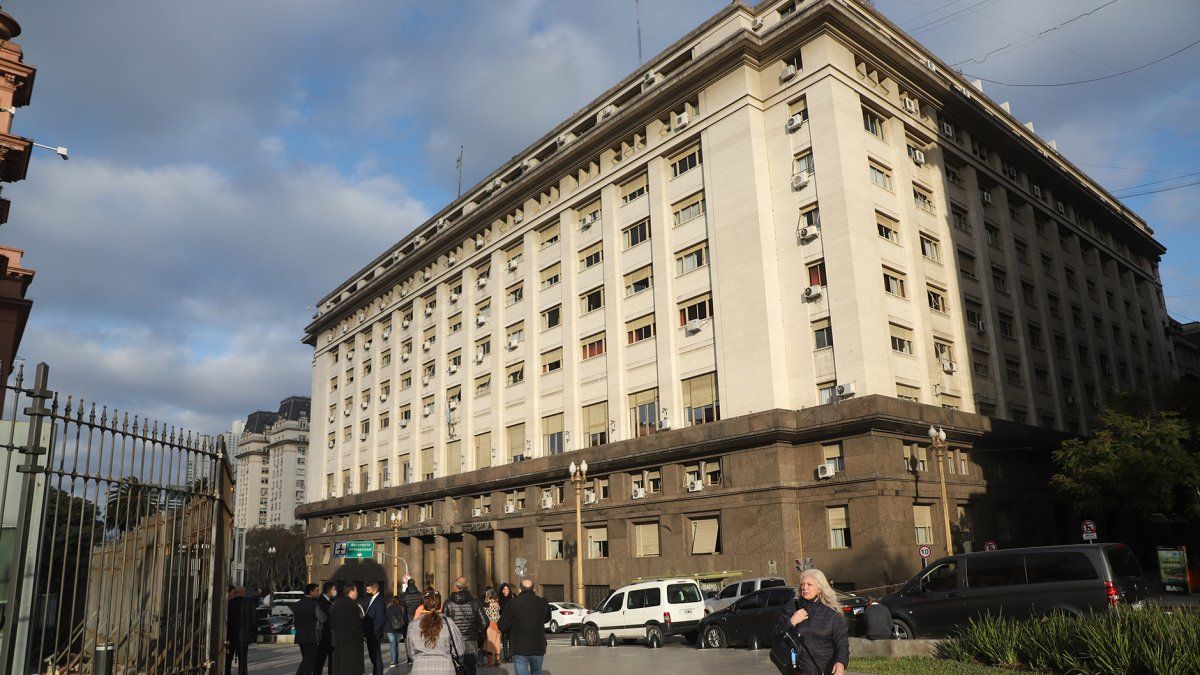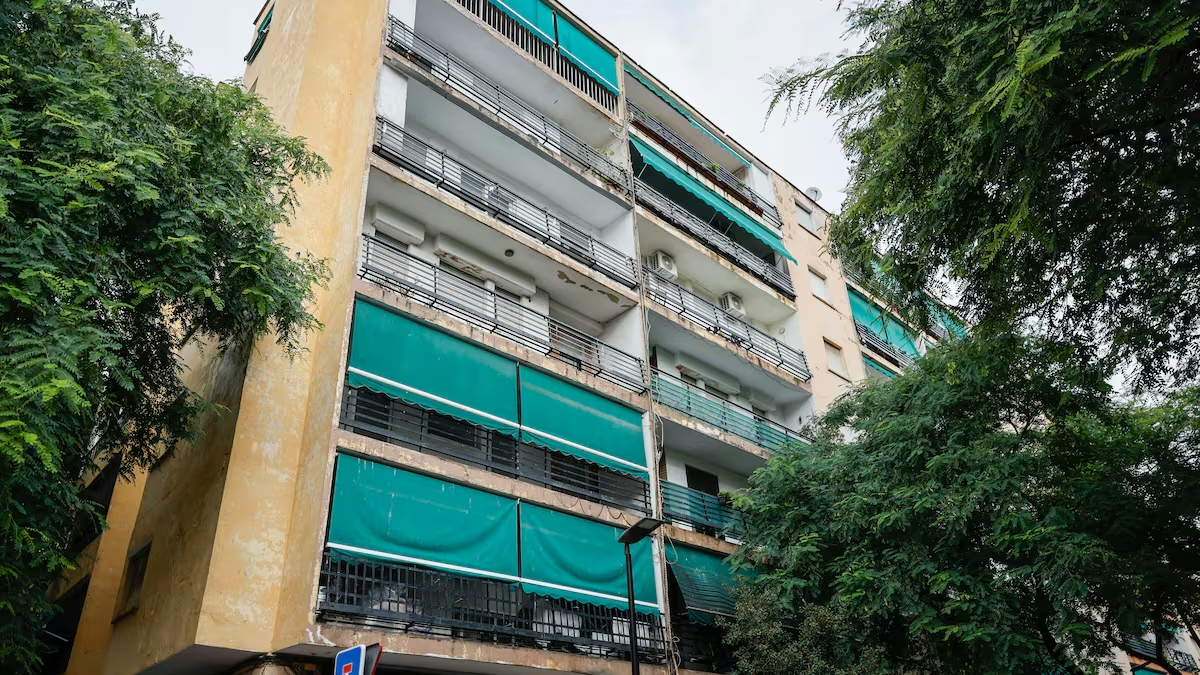The data is closely followed by the financial markets, since this level of deficit is what the government has to finance in the peso market, which is the only genuine source that remains.if you do not want to issue money from the Central Bank.
The economist Nadín Argañaraz affirmed that once the official numbers are known, “it is concluded that the accumulated primary deficit during the first ten months of the year was 1.5% of GDP.” “This imbalance was less than the same period last year by 0.17 percentage points of GDP,” said the head of the Argentine Institute for Fiscal Analysis (IARAF). To this, we would have to add 0.8% of GDP corresponding to floating debt.
By your side, the economist Sergio Chouza pointed out that “it is an expected number”. The result, he indicated, is “consistent with the contractive bias of fiscal policy, with primary spending growing 13% below year-on-year inflation.” “It is in line with the IMF target, if there is no insane expansion over December, it leaves room to assist vulnerable sectors with a modest bonus,” said Chouza.
As reported by Economía, the total income of the SPN amounted to $1.5 trillion and presented an interannual variation of 94.5% compared to October 2021. Taxes reached $1.3 trillion with an increase of 97% year-on-year, mainly driven by social security resources and those associated with economic activity.
On the other hand, expenses reached $1.6 trillion presenting a rise of 63.5%. In this sense, accumulated primary spending in the January-October period rose 72.4% compared to the same period of the previous year, “thus consolidating a process of deceleration of real primary spending for the fifth consecutive month,” highlighted the Palacio de Hacienda.
Whether due to the liquefaction effect of inflation or cuts made by the Ministry of Economy, it is estimated that the reduction in expenses was in the order of 20% in real terms.
As regards social security benefits, they amounted to $580,525.9 million with an increase of 81%. This dynamic is explained by the impact of the current mobility formula, which yields increases as the formal labor market recovers and tax collection grows. On the other hand, remunerations registered a variation of 84.2% year-on-year as a result of the increases granted within the framework of the salary agreements reached.
According to a report by the consulting firm Analytica, October registers one of the months with the lowest execution of social spending due to the drop in Progresar scholarships. “In comparative terms, spending on social programs continues to be higher than the 2021 average but lower than the 2016-17 period, prior to the devaluations and the agreement with the IMF in 2018 and 2019,” he said.
On the other hand, the report from the Ministry of Economy indicates that current transfers reached $622,721 million with an increase of 68.6% year-on-year. Those corresponding to the private sector presented a growth of $211,624.5 million with an increase of 71.9% compared to the same month last year. Among them, the payments corresponding to Family Allowances that contemplate the payment of the monthly supplement provided by Decree No. 719/2021 stand out.
Source: Ambito
David William is a talented author who has made a name for himself in the world of writing. He is a professional author who writes on a wide range of topics, from general interest to opinion news. David is currently working as a writer at 24 hours worlds where he brings his unique perspective and in-depth research to his articles, making them both informative and engaging.




